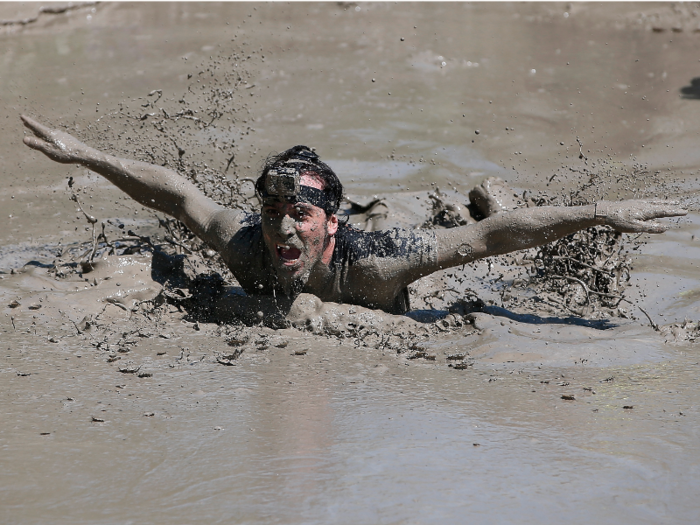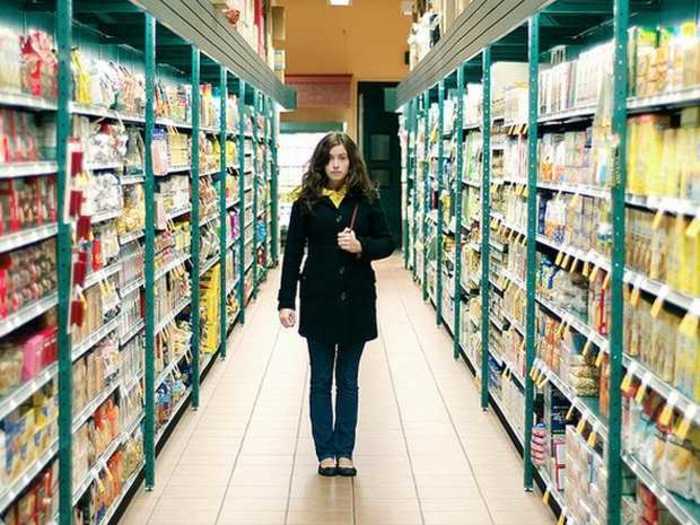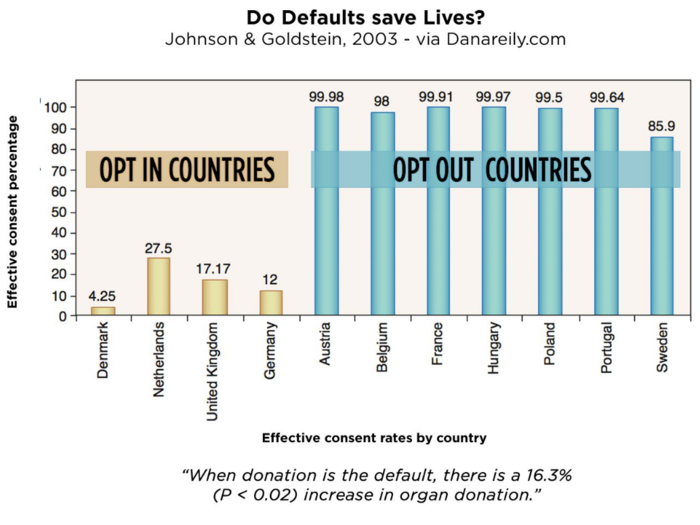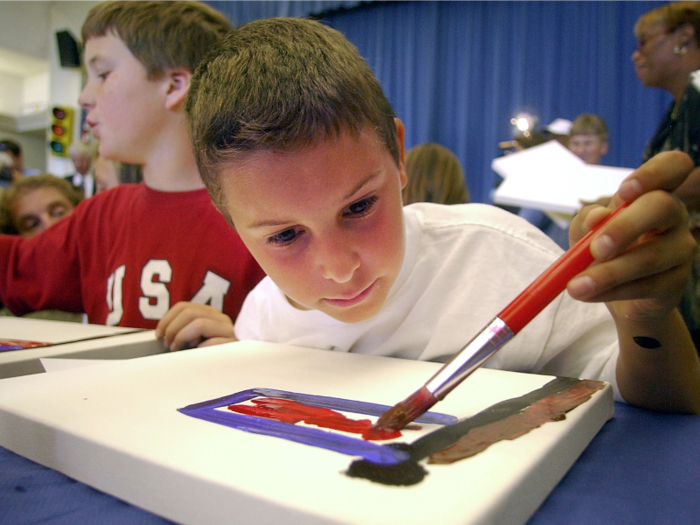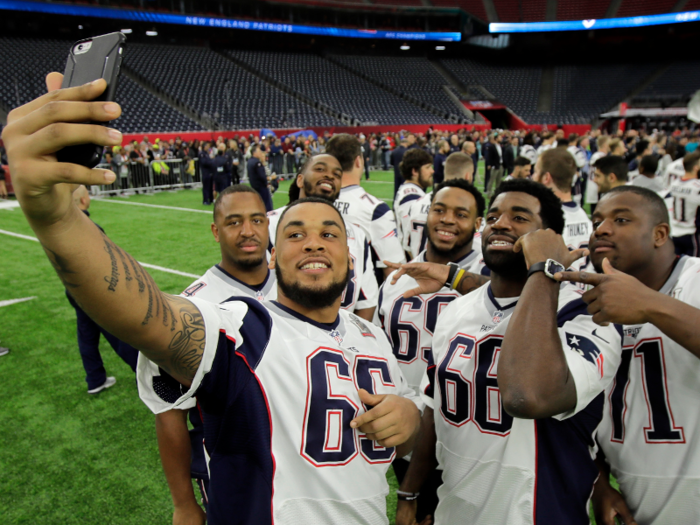"Grit: The power of passion and perseverance"
In 2013, UPenn psychologist Angela Duckworth presented the findings of her research on grit — or the ability to keep trucking when life gets hard.
Duckworth has found across numerous fields that grit is the single-biggest indicator of personal and professional success, even more than IQ. And the best way to cultivate grit is to build a "growth mindset" that sees circumstances are flexible, not rigid.
The takeaway: The moment when things start getting tough is the starting point for success, not a sign to call it quits.
"The paradox of choice"
In Barry Schwartz's 2005 talk, the Swarthmore College psychologist reviews research that says people are misled in thinking they should want as much choice as possible, whether it's the number of salad dressings at the supermarket or clothing styles at the mall.
It's actually possible to get worn out from making so many tiny choices throughout the day. It's called decision fatigue, and it can detract from the many important choices you need to make, whether at home or at work.
The takeaway: I limit my number of choices on purpose, because I know I'll be happier with my decision once I make it.
"Are we in control of our own decisions?"
Behavioral economist Dan Ariely gave a talk in 2009 that suggests outside forces quietly nudge people toward certain outcomes over others.
A famous example is organ donation. Some countries have far higher rates simply because the form people fill out is opt-out, and people generally stick with the default option.
The takeaway: I do my best to take will power out of the equation by making the default option the healthiest, such as not buying junk food at the store rather than avoiding it in my cabinet every day.
"The surprising habits of original thinkers"
UPenn psychologist Adam Grant remarked in 2016 that some of history's most original thinkers organized their time in interesting ways to achieve maximum creativity.
Specifically, Grant says people should put off their projects for a bit so they can let disparate ideas congeal into something original. It's not quite procrastination, because it's intentional, but it comes close.
The takeaway: If I want to solve a creative problem, the decision to leave and come back to it really does pay off.
"The riddle of experience vs. memory"
Psychologist Daniel Kahneman spoke in 2010 about the two ways we find happiness: in the moment and in our memories. People must keep each in mind when trying to create happiness.
For example, according to Kahneman's research, the experiencing self is twice as happy on a two-week vacation over a one-week vacation, but the remembering self isn't, since no new memories are being formed.
The takeaway: I can make more intentional choices in the service of both selves, in order to maximize each kind of happiness.

